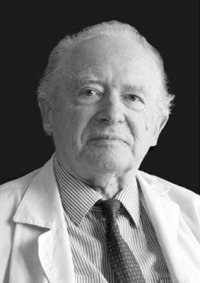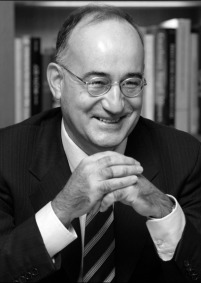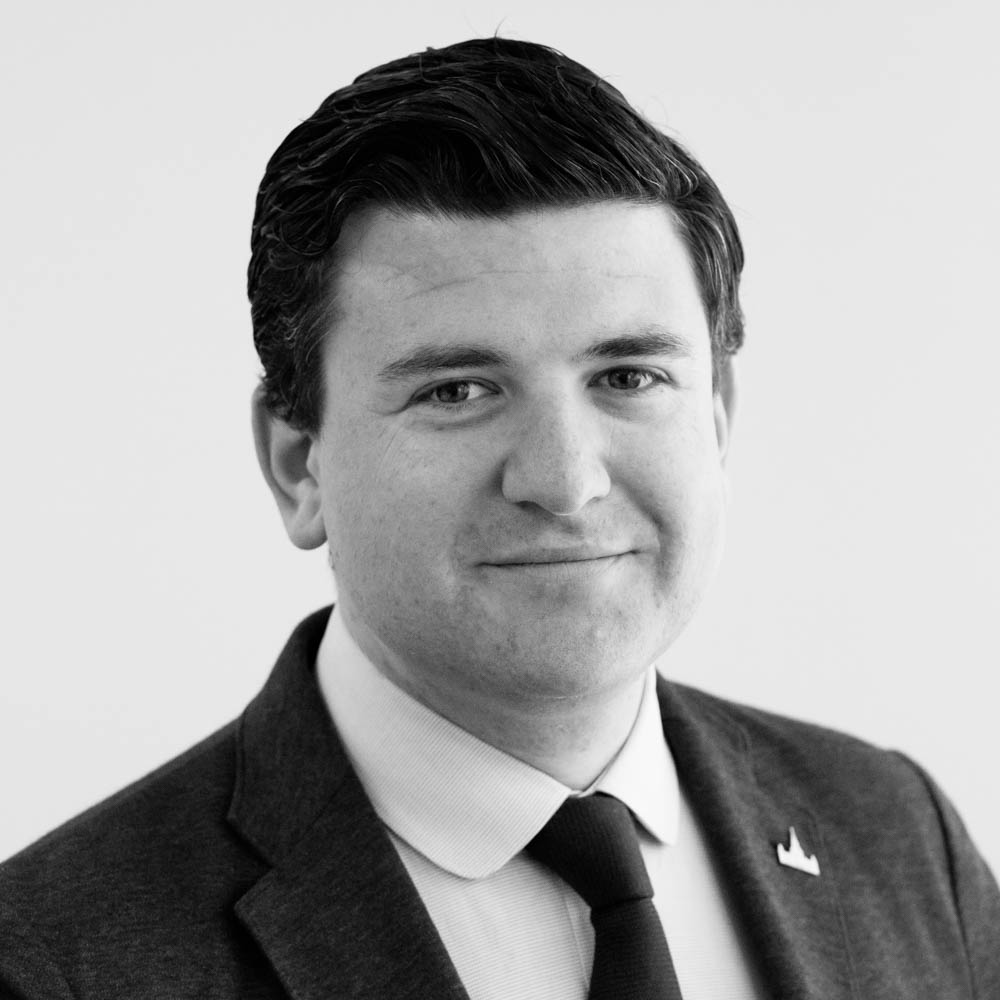The IAFOR Vladimir Devidé Haiku Award was conceived of when Dr. Drago Štambuk suggested that The International Academic Forum (IAFOR) consider launching a haiku award in memory of Vladimir Devidé.
It didn’t take much convincing. IAFOR is dedicated to the promotion of international, intercultural and interdisciplinary research, dialogue, and understanding, and Vladimir Devidé would have identified strongly with this mission, for in many ways it was also his own. He was a mathematician, a Japanologist, a translator, and a poet, who through haiku accessed another culture and built bridges between Croatia and Japan, and within Japan. After his death, those bridges continue to develop between exponents of classical and modern haiku as the award recognises excellence regardless of whether submitted haiku are in the traditional or more modern style, and indeed has been generously backed by the two principal haiku associations representing these schools: the Haiku International Association and the World Haiku Association.
The award also reaches out to practitioners around the world as it both promotes understanding of the commonality of shared experience, excellence within the art form, as well as the wider work of the organisation, for while haiku is a quintessentially Japanese form of poetry, it has become a global art form due to its universal appeal. No other form can so convincingly celebrate banality and frivolity; convey a moment of giddy happiness, or a lifetime of pain. It can offer humorous asides, throwaway puns, and yet also touch the depths of profundity. In their small, unassuming way, haiku can, at their best, reflect and inspire the shared experiences of people throughout the world.

Vladimir Devidé
Despite a successful international academic career as a renowned mathematician, with professorships in Australia and the US, as well as his native Croatia at the University of Zagreb, it is primarily as a Japanologist and haiku poet that Vladimir Devidé is now remembered. Devidé was not only one of the world’s most celebrated haiku poets, but a tireless promoter of Japanese culture. If Croatia is now considered a haiku “superpower”, with more poets practicing the art per capita than any other nation, it is largely thanks to his efforts.
A full member of the Croatian Academy of Sciences and Arts, Vladimir Devidé has won a number of awards and honours, including the Le Prix CIDALC (1977), the Prize of the City of Zagreb (1982), and for his work as a promoter of Japanese culture, the Japanese Order of the Sacred Treasure (1983). Vladimir Devidé died in August 2010, and this competition pays tribute to his vision and passion for haiku.

Drago Štambuk (founder and Judge)
His Excellency Dr. Drago Štambuk is the Croatian Ambassador to Brazil, having also served for five years as Ambassador to Japan and the Republic of Korea. Dr. Štambuk is a widely published and acclaimed poet, and is now recognised as one of Croatia’s most distinguished men of letters. His writing career began in 1973 and has grown to include more than 35 collections of poetry in Croatian, English, French and Spanish. His work has been included in all relevant anthologies of Croatian contemporary poetry. The ambassador has received numerous literary awards in his native country and abroad, and was the first recipient of The Dragutin Tadijanović Award established in 2008 by the Croatian Academy of Sciences and Arts. He is also a founder and director of the All-Croatian Poetry Festival on the Island of Brač, founded in 1991. As well as his writing, Dr. Štambuk has had two separate careers as both a medical doctor and a diplomat. A graduate of Zagreb University’s Medical School (1974), he went on to specialise in internal medicine, gastroenterology and hepatology at the Clinical Medical Center in Zagreb, before moving to London in 1984 to continue his medical career at both the Royal Free Hospital and St. Stephen’s. Following the independence of Croatia in 1991, he became a diplomat, and has served as the Croatian Ambassador to various countries, including India and Egypt, and from 2005 was named as Croatia’s representative in Tokyo. His brief was expanded to include the Republic of Korea in 2006. The ambassador was a Fellow at Harvard University from 2001 to 2002.

Joseph Haldane (IAFOR President & C.E.O.)
Joseph Haldane is the Chairman and CEO of IAFOR. He is responsible for devising strategy, setting policies, forging institutional partnerships, implementing projects, and overseeing the organisation’s business and academic operations, including research, publications and events.
Dr Haldane holds a PhD from the University of London in 19th-century French Studies, and has had full-time faculty positions at the University of Paris XII Paris-Est Créteil (France), Sciences Po Paris (France), and Nagoya University of Commerce and Business (Japan), as well as visiting positions at the French Press Institute in the University of Paris II Panthéon-Assas (France), The School of Journalism at Sciences Po Paris (France), and the School of Journalism at Moscow State University (Russia).
Dr Haldane’s current research concentrates on post-war and contemporary politics and international affairs, and since 2015 he has been a Guest Professor at The Osaka School of International Public Policy (OSIPP) at Osaka University, where he teaches on the postgraduate Global Governance Course, and a Co-Director of the OSIPP-IAFOR Research Centre, an interdisciplinary think tank situated within the university.
He is also a Member of the International Advisory Council of the Department of Educational Foundations at the College of Education of the University of Hawaii at Manoa.
From 2012 to 2014, Dr Haldane served as Treasurer of the American Chamber of Commerce in Japan (Chubu Region) and he is currently a Trustee of the HOPE International Development Agency (Japan). He was elected a Fellow of the Royal Asiatic Society in 2012, and a Fellow of the Royal Society of Arts in 2015.
A black belt in judo, he is married with two children, and lives in Japan.

